English
繁體中文
简体中文
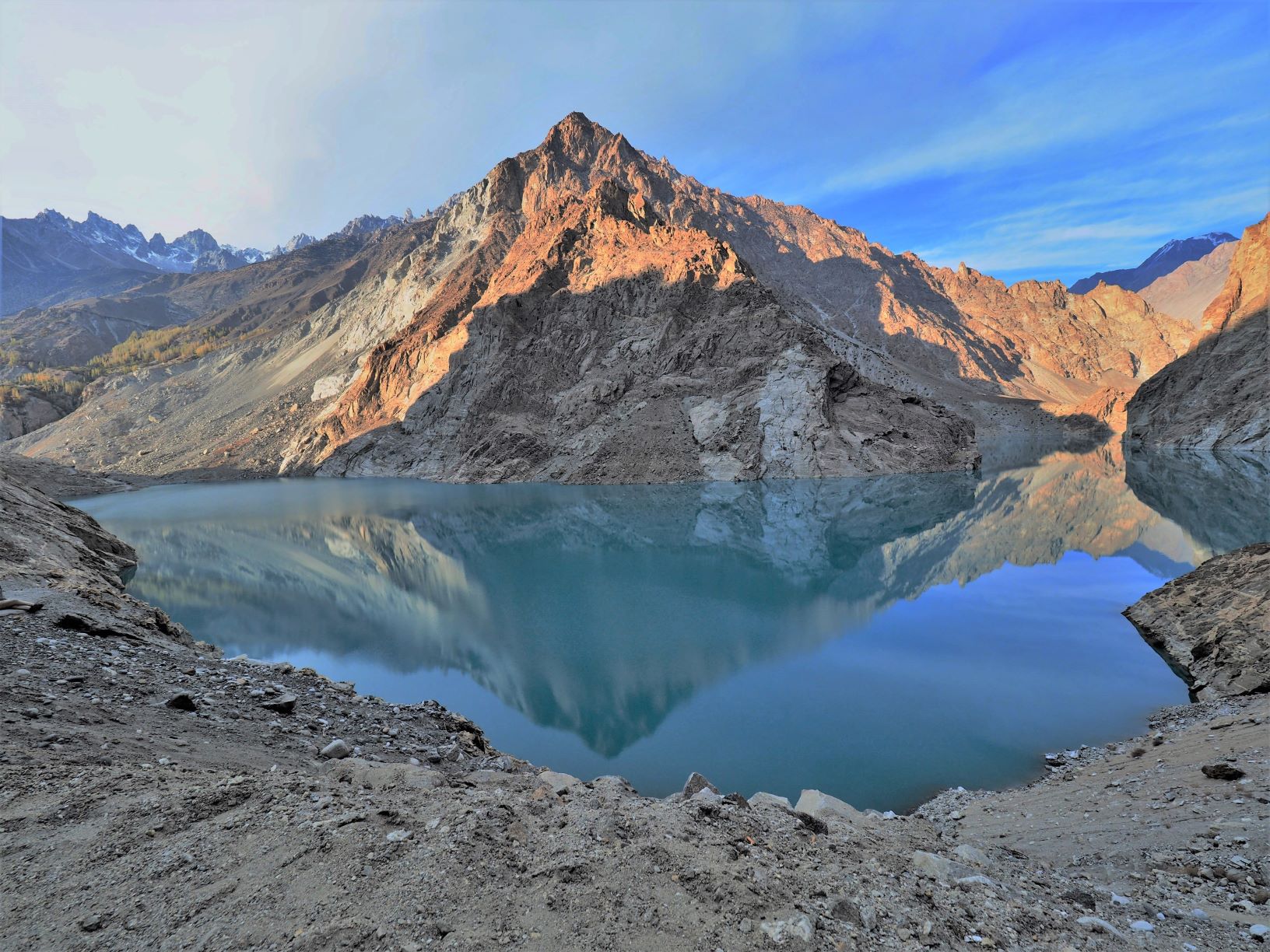
Over 100 earthquakes of magnitude six or higher occur globally each year, according to the United States Geological Survey (USGS), causing numerous casualties. While plate tectonics are their primary cause, along with other factors such as volcanic activity, understanding and predicting their occurrence remains elusive. Now, a CUHK study has unearthed a novel cause: the stress exerted on faults by landslide-dammed lakes. It offers valuable insights for earthquake risk management and prediction.

CUHK is celebrating a range of accomplishments that solidify its status as a preeminent global leader in higher education and research. From a historic rise in prestigious university rankings to a sweep of awards at an esteemed international invention showcase, CUHK has consistently demonstrated its unparalleled commitment to academic excellence, innovative thinking and pioneering discoveries across its diverse programmes and world-class faculties.
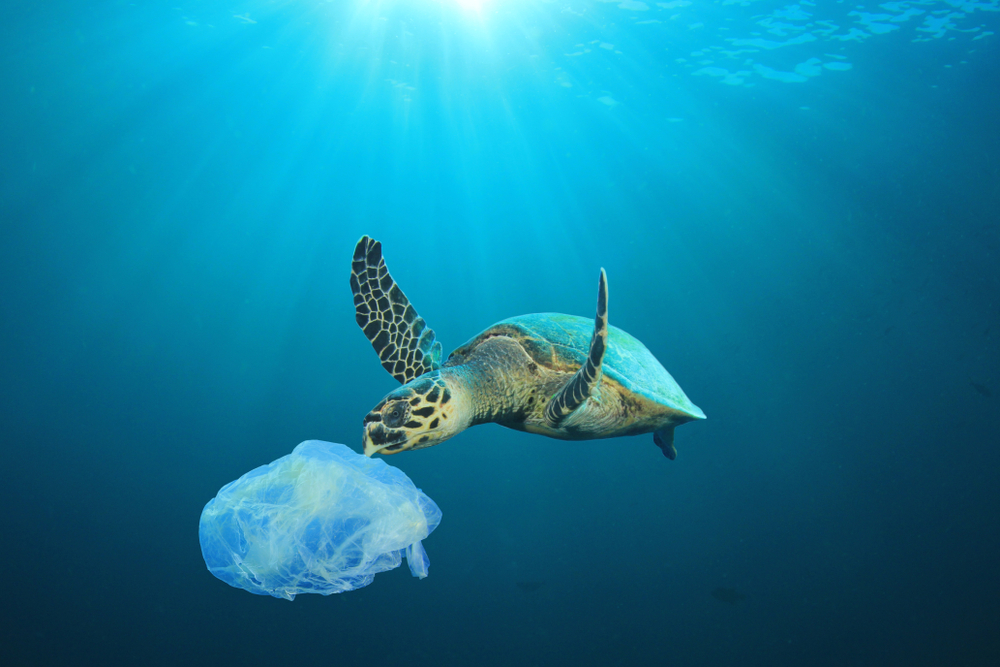
Prepare to be amazed by what kombucha can become. CUHK researchers have discovered that this beloved beverage holds the key to eco-friendly food packaging. It can be used to make a bio-based material that stretches like plastic but decomposes naturally, promising to revolutionise packaging. Best of all, it’s harmless and can even be eaten. Goodbye plastic pollution, thanks to the extraordinary potential of kombucha.

It’s everyone’s worst nightmare: out of nowhere, a giant wave sweeps in from the sea, ending lives and destroying property with indiscriminate ferocity. While we can forecast bad weather, tsunamis triggered by giant submarine volcanic eruptions can devastate places and populations with very little warning. CUHK Professor Tan Yen Joe is trying to collect data that will allow scientists to better forecast the eruption of undersea volcanoes, potentially saving thousands of lives and sparing people untold misery.

With many places around the world opening up and dropping travel restrictions, plenty of sun worshippers and tan lovers will be seeking sun at the beach over the coming Christmas holidays. To protect your perfect tanned skin from sunburn, sunscreen is a must, but some use chemical ingredients which can irritate skin and are harmful to the environment. A CUHK scientist has developed a new ingredient for sunblock that is both effective and comfortable to wear, while avoiding potentially harmful chemicals.
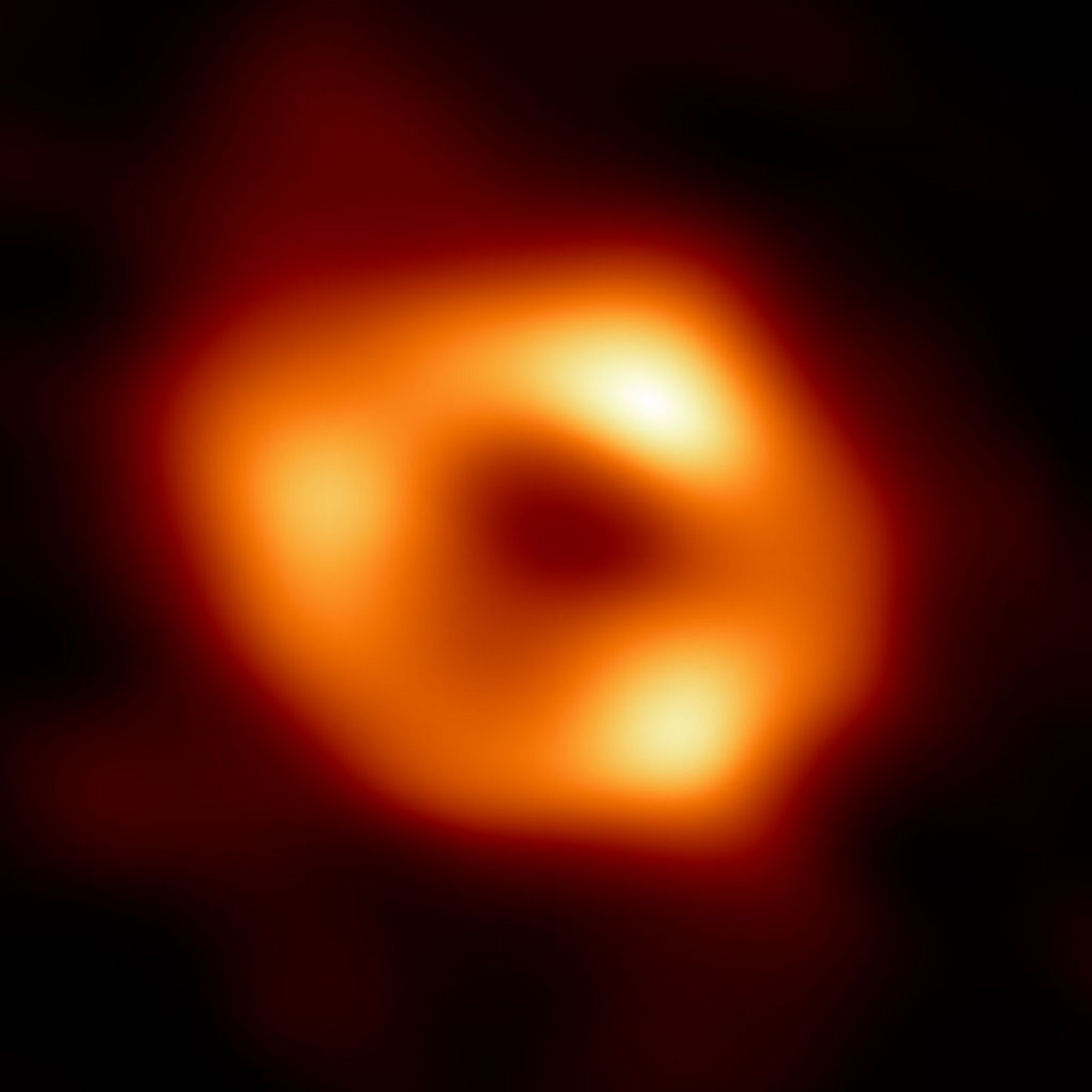
After five years of effort, the first image of Sagittarius A*, 26,000 light-years away at the centre of the Milky Way, produced by the Event Horizon Telescope, has proved it to be a supermassive black hole. A CUHK scholar and a student from the Department of Physics are Hong Kong’s only participants in the team and have studied the simulation of gas movement and the mechanism of infalling gas around the black hole using supercomputers to help unravel the mystery of black holes.

Applications of quantum sensing technology can be found in a wide range of settings, including medical imaging, prediction of weather patterns and even analysis of seismic activity. Professor Renbao Liu from Physics of CUHK has received the 2022 Willis E. Lamb Award for Laser Science and Quantum Optics for his contribution to spin decoherence and quantum sensing research. He and Professor Chester Shu from Electronic Engineering have also been elected Fellows of a prestigious society, highly commending their research achievements.
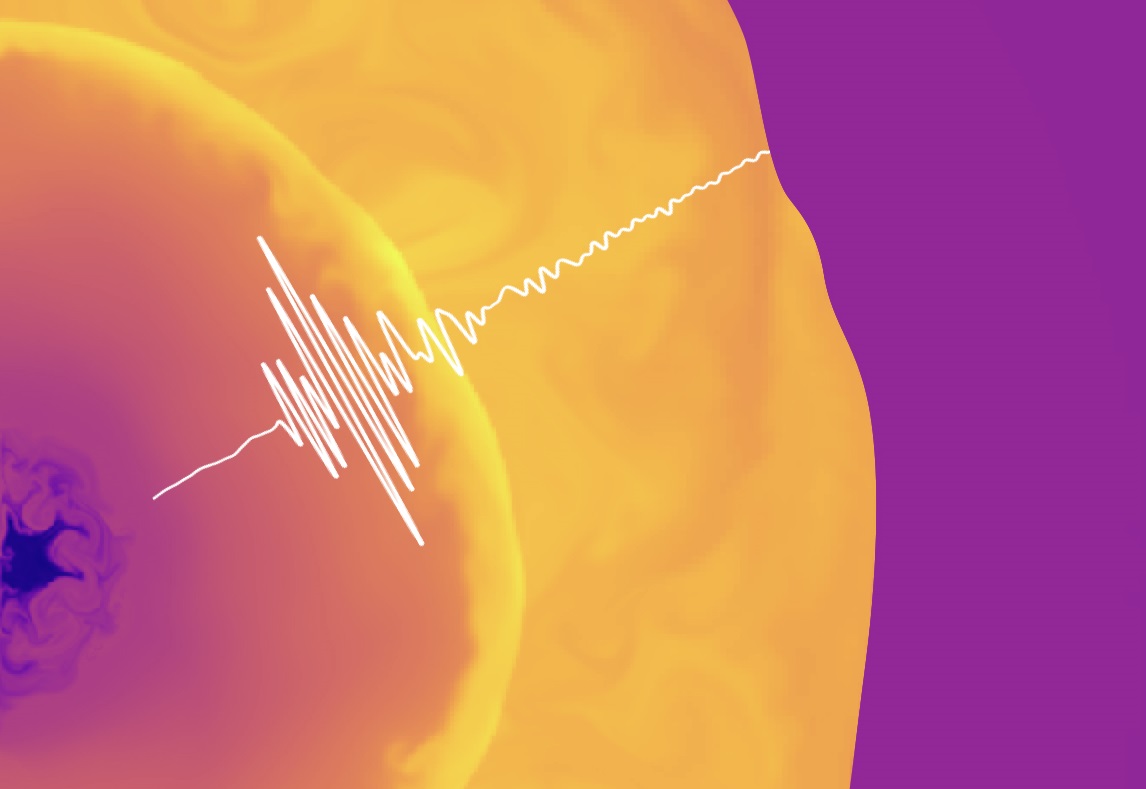
Travelling from the core of collapsing stars, newly detected gravitational waves may tell us about the meltdown which leads to these massive supernovas. Thrust into the universe from the explosions of dying stars, their ashes give birth to new worlds, so understanding supernovas is a step to ultimately understanding our origins.
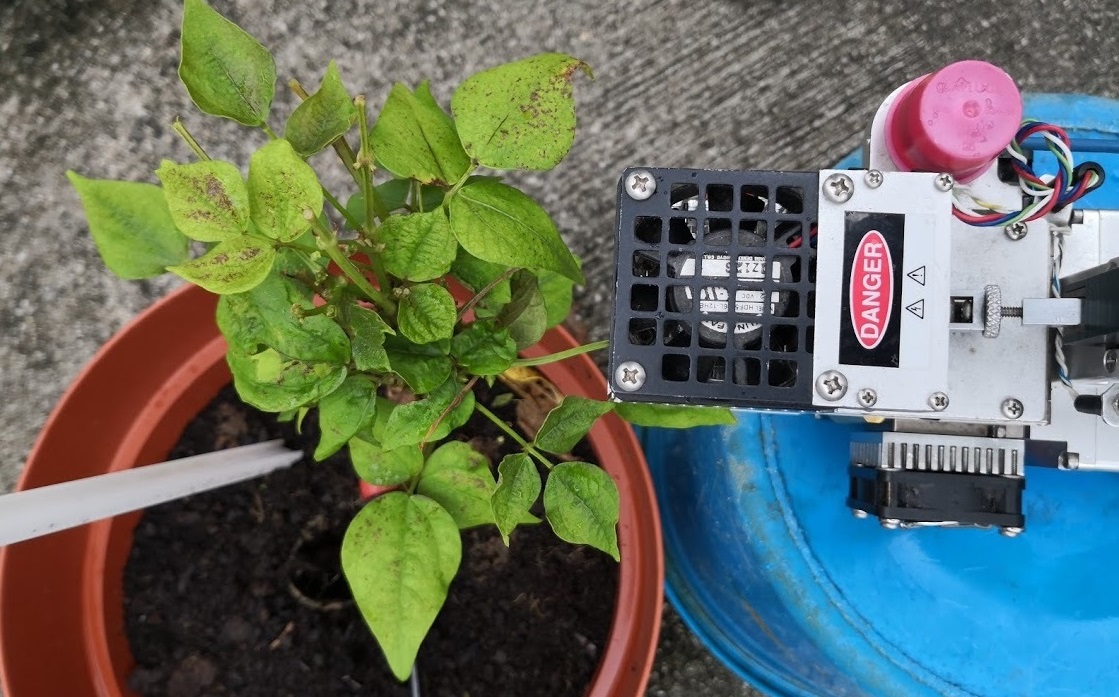
An “ozone garden” is where a CUHK research team studied bean plants attempting to grow under Hong Kong’s rising ozone skies in the first plant-based measurement of ozone in the South China Region. Even though it was Spring and in the countryside, the ozone eroded the beans and stressed them into opening more flowers, forcing them to wither more quickly.
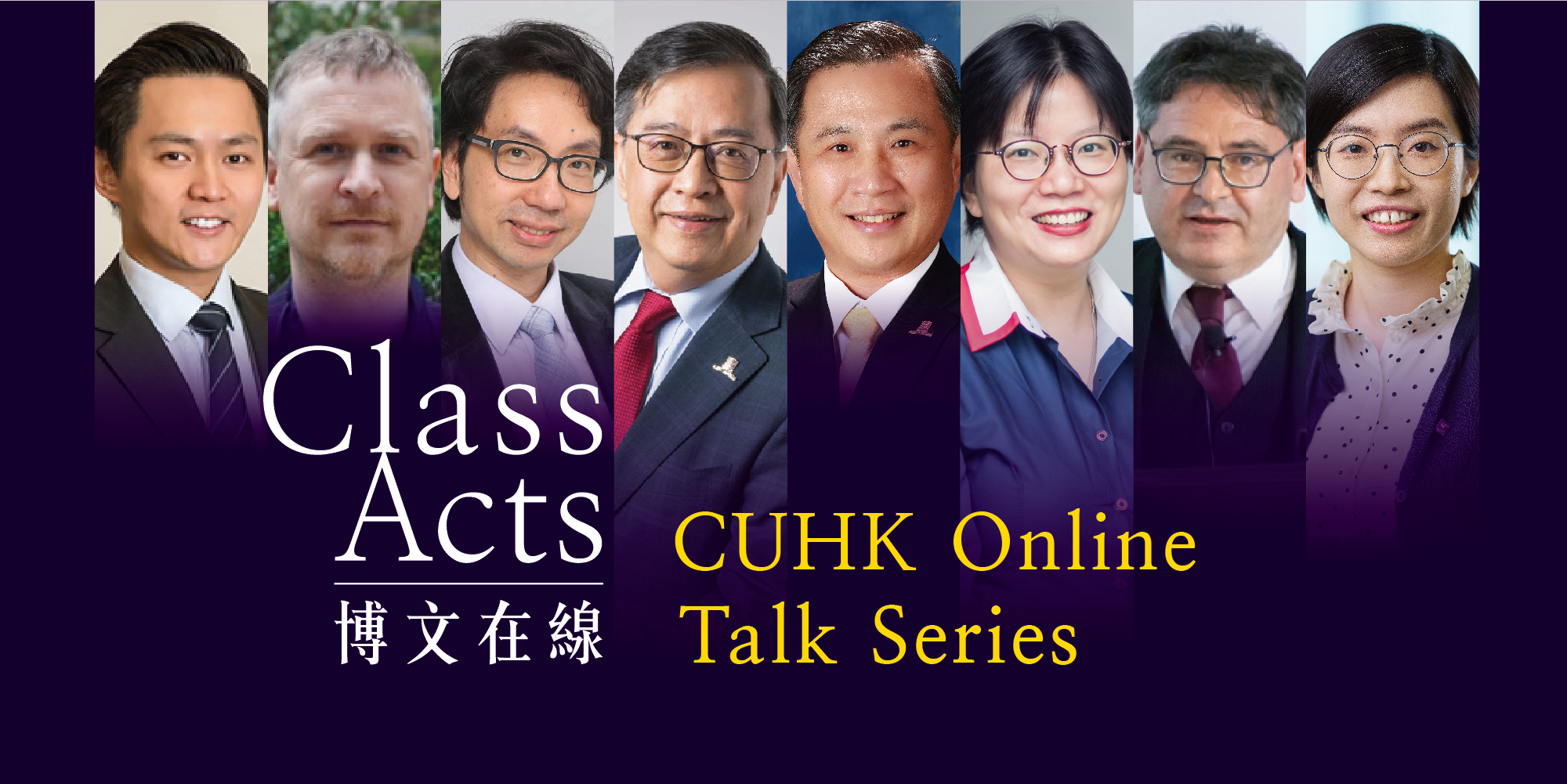
To encourage students to keep learning at home during the pandemic, CUHK is introducing the “Class Acts” CUHK Online Talk Series. Nine outstanding scholars will deliver short lectures on different areas of expertise through a video conferencing platform. The first one, given by CUHK’s Provost, will be held on 20 March.